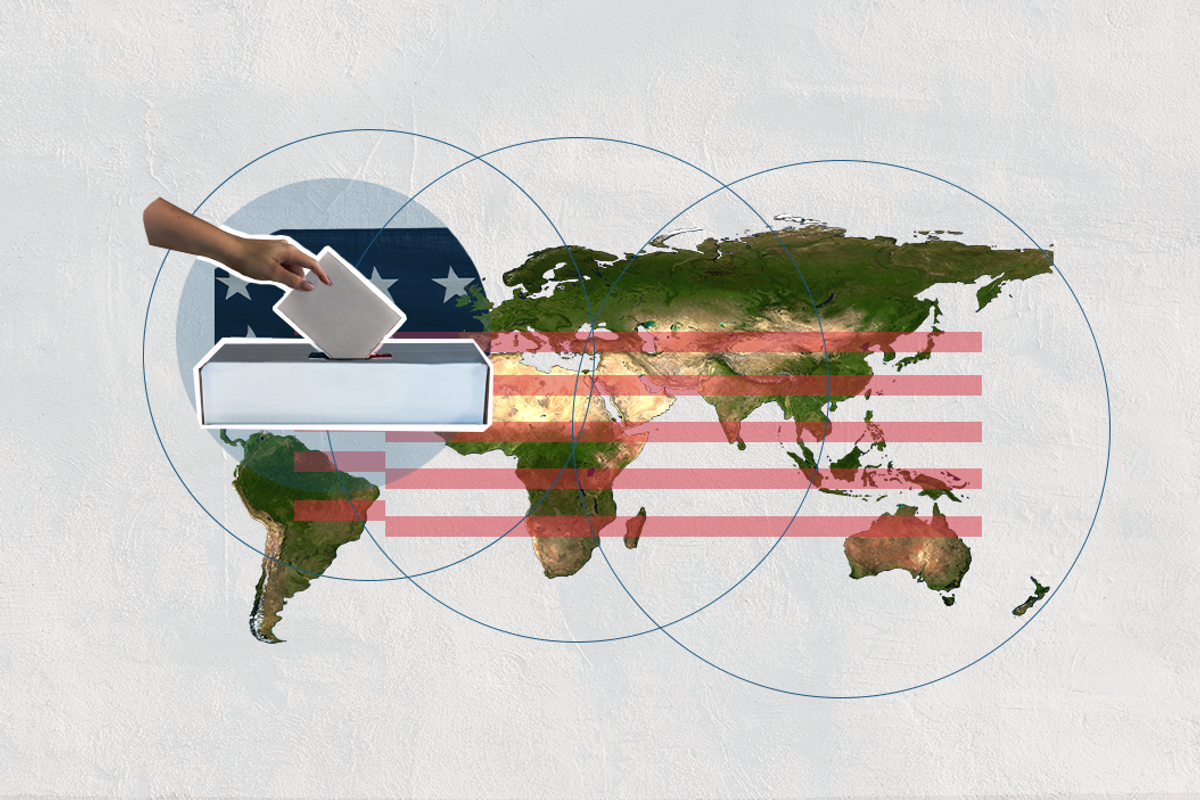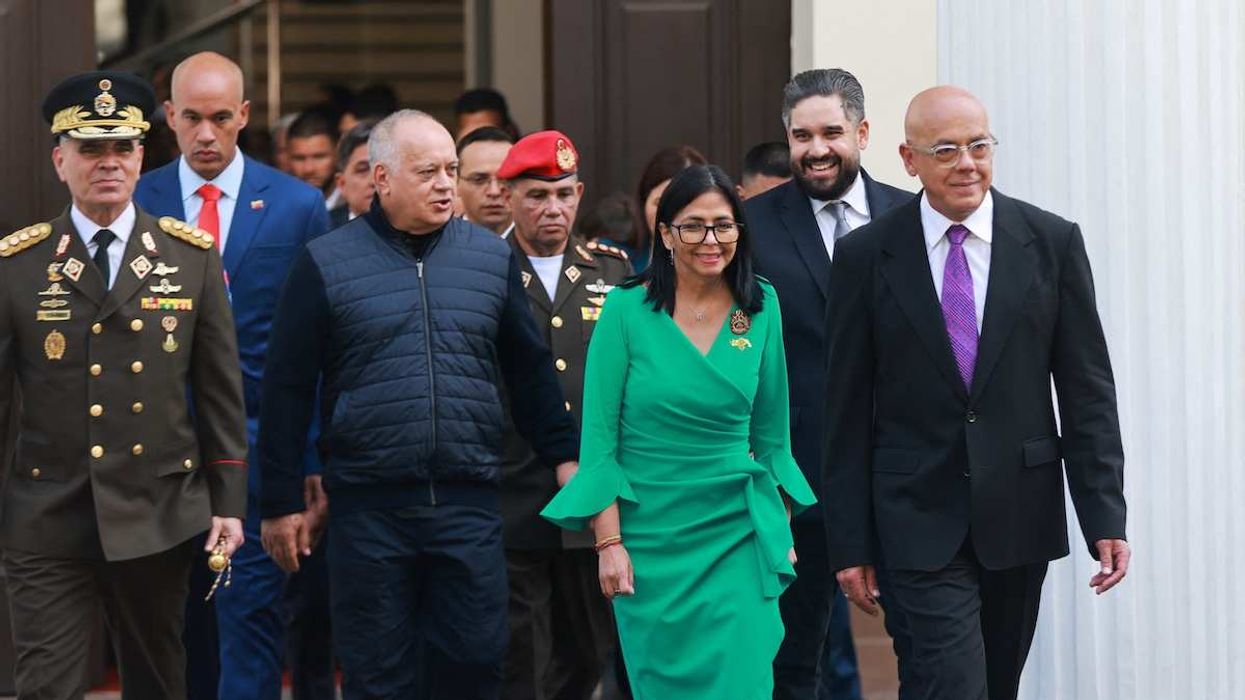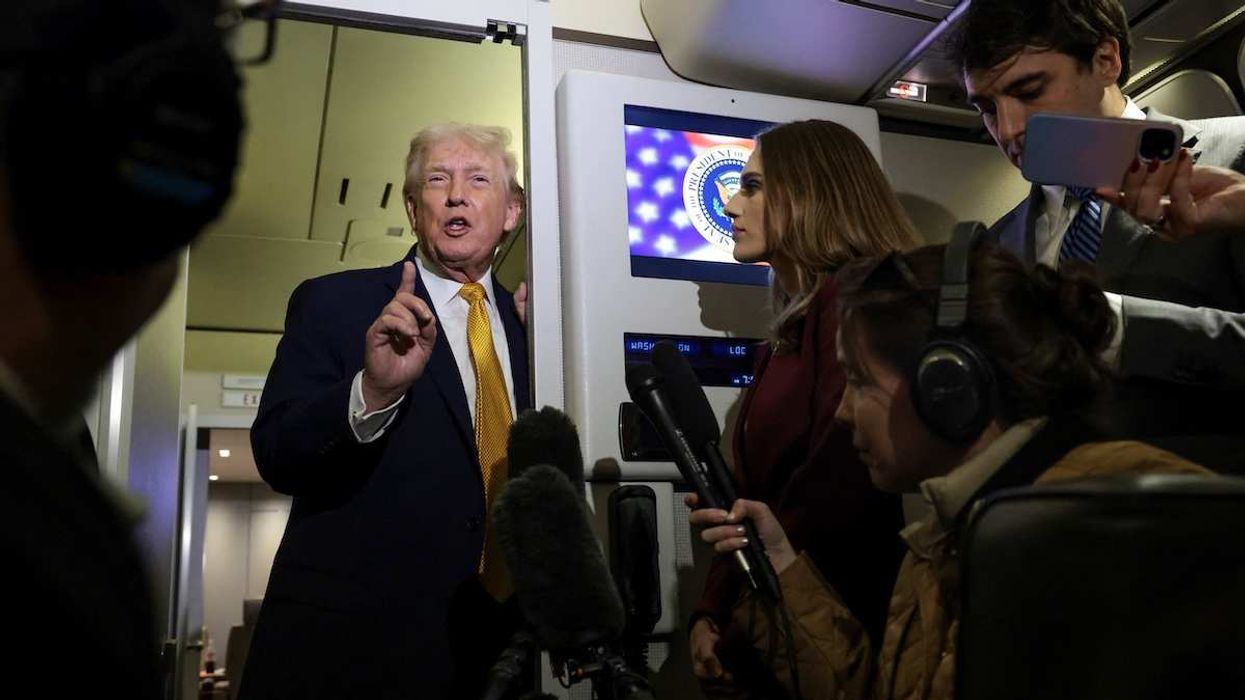In a few weeks, voters in the United States will go to the polls in an election that could reshape American life for years to come.
But in the stark choice between President Donald Trump and Democratic nominee Joe Biden, Americans will also be choosing the person who will oversee the world's biggest economy, command its most powerful military, and govern a country that still has unparalleled global reach in commerce and culture.
In short, the impact of the election result will reverberate far beyond American shores.
In August, GZERO writers asked local journalists and commentators in 24 countries how the US election drama is playing out where they live, how the most unconventional presidency in modern American history has affected their countries, and what they expect to come next.
You can find all 24 interviews below. A podcast featuring highlights of the conversations can be found here.
Brazil
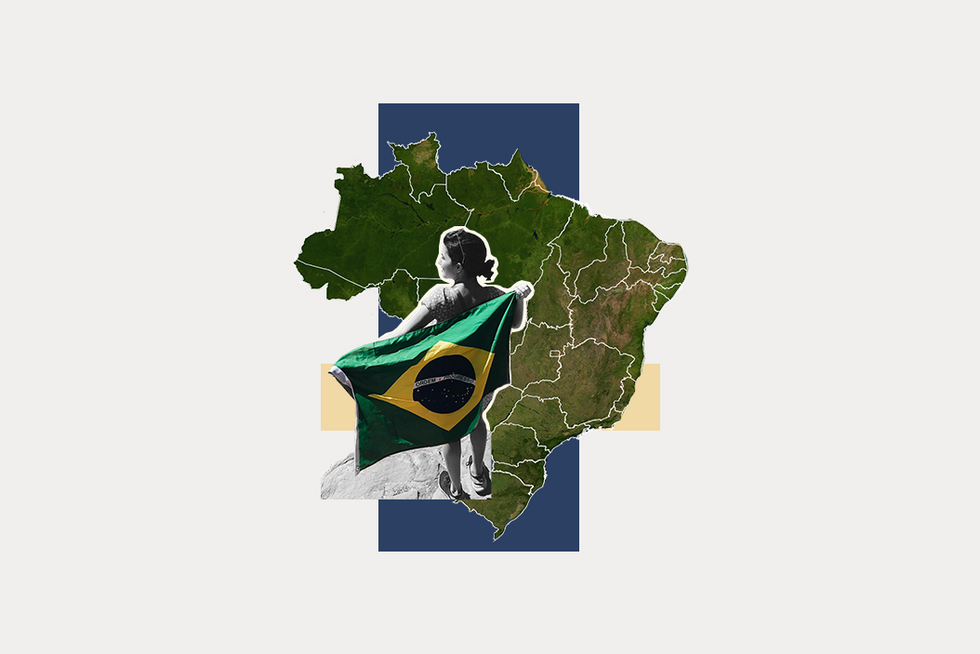
"Trump is the first American president that actually polarized Brazilians." - Guga Chacra, GloboNews and O Globo. Read more.
Canada
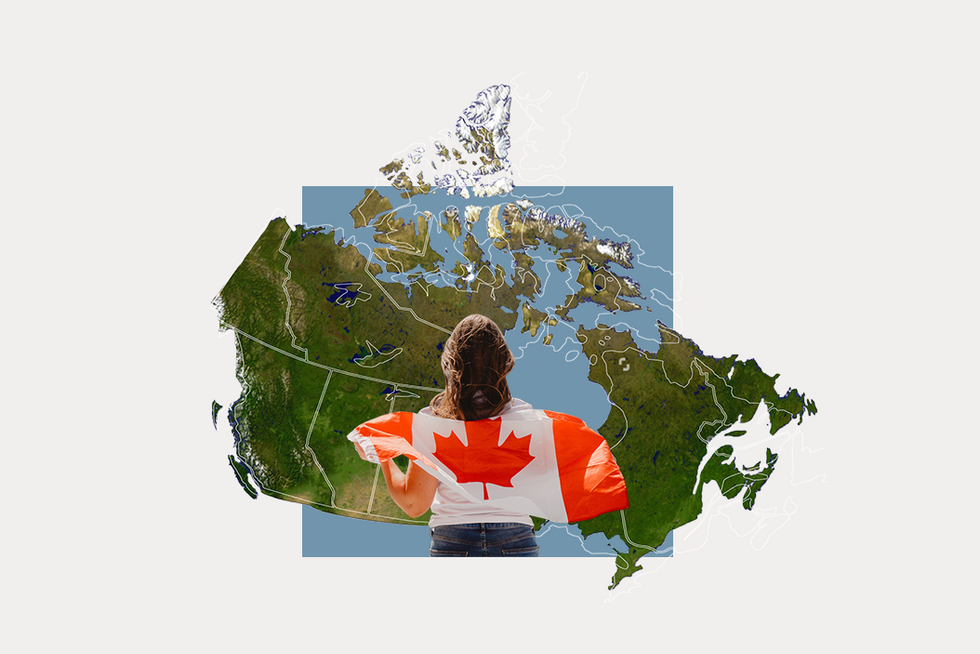
"It was almost insulting that Donald Trump did not see that we were special." - Althia Raj, The Huffington Post Canada. Read more.
China
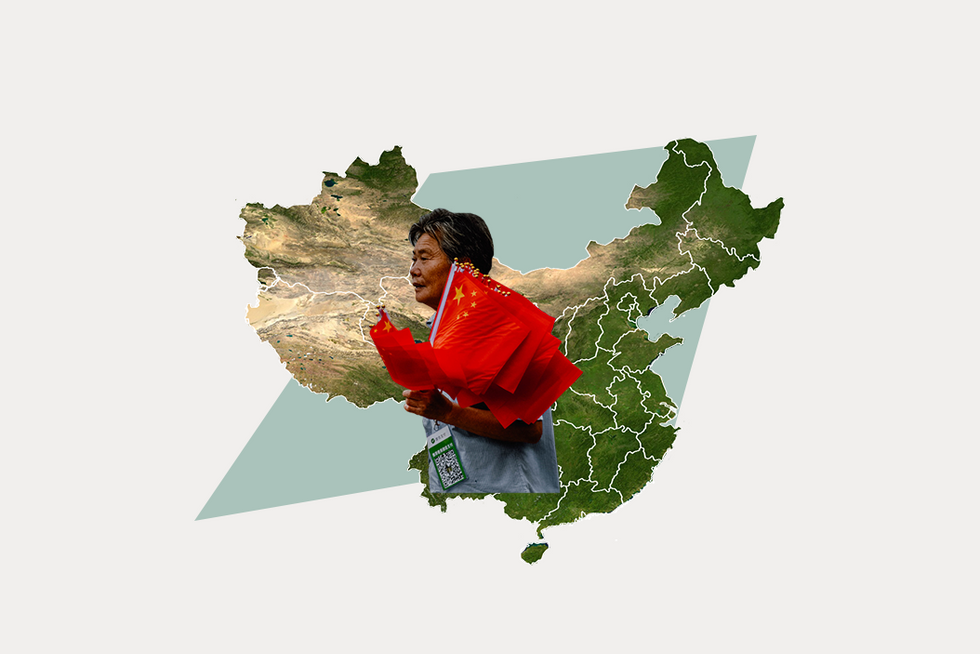
"It does not matter too much who will sit in the White House in January next year. China-US ties will not return to the old track." - Wang Xiangwei, South China Morning Post. Read more.
Colombia
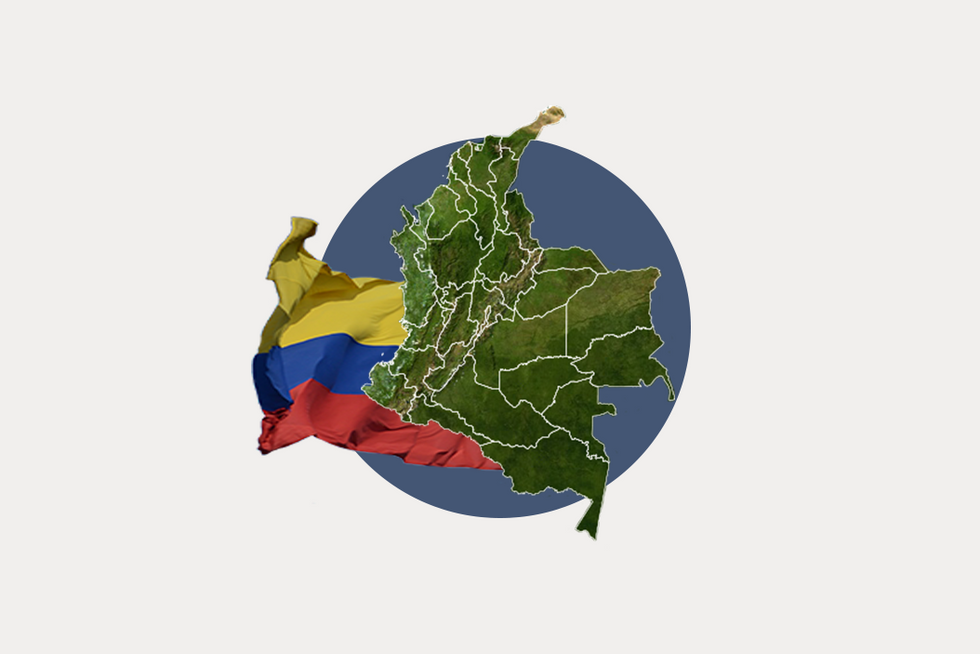
"What do we see from the outside? It's like an empire that is going down." - Camila Zuluaga, Caracol TV and Blu Radio. Read more.
Egypt

"I don't think any American president is going to jeopardize the relationship with Egypt." - Hisham Kassem, former publisher of Al Masry Al Youm. Read more.
El Salvador
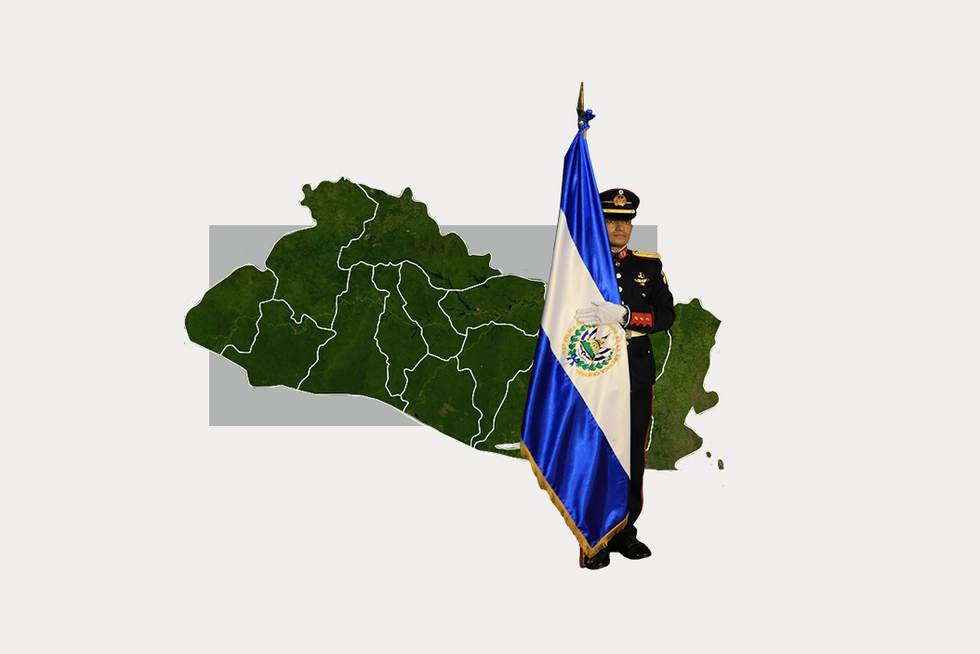
"The US has always been like a godfather. But there are many reasons in our history to not call the US a particularly kind godfather." - Sergio Arauz, El Faro. Read more.
Ethiopia
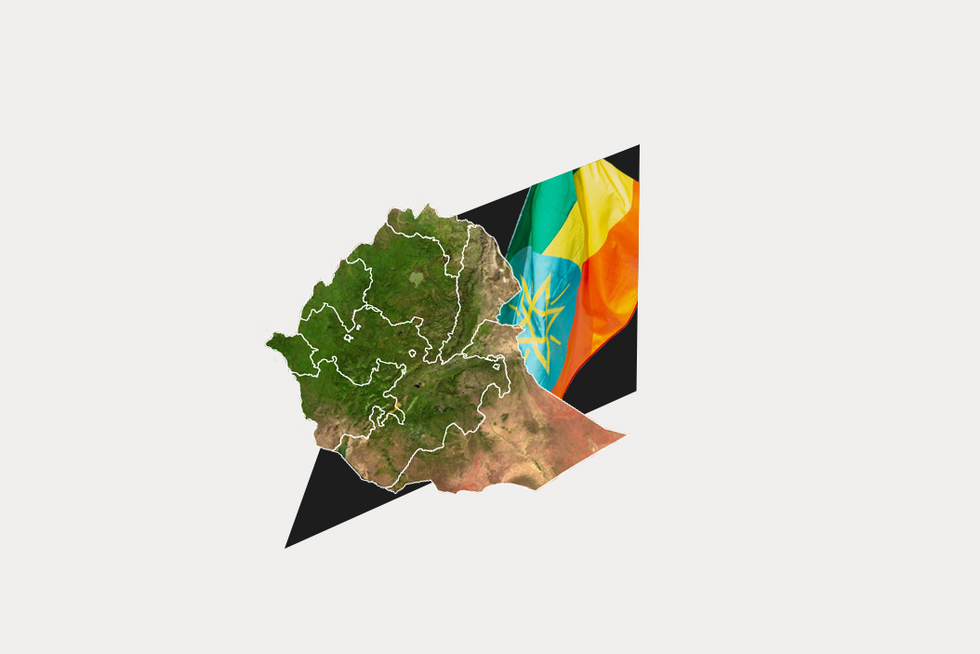
"I think people are beginning to see it as a referendum — not just for the interest of the US but for the interest of the whole world." - Samuel Getachew, The Reporter. Read more.
Germany
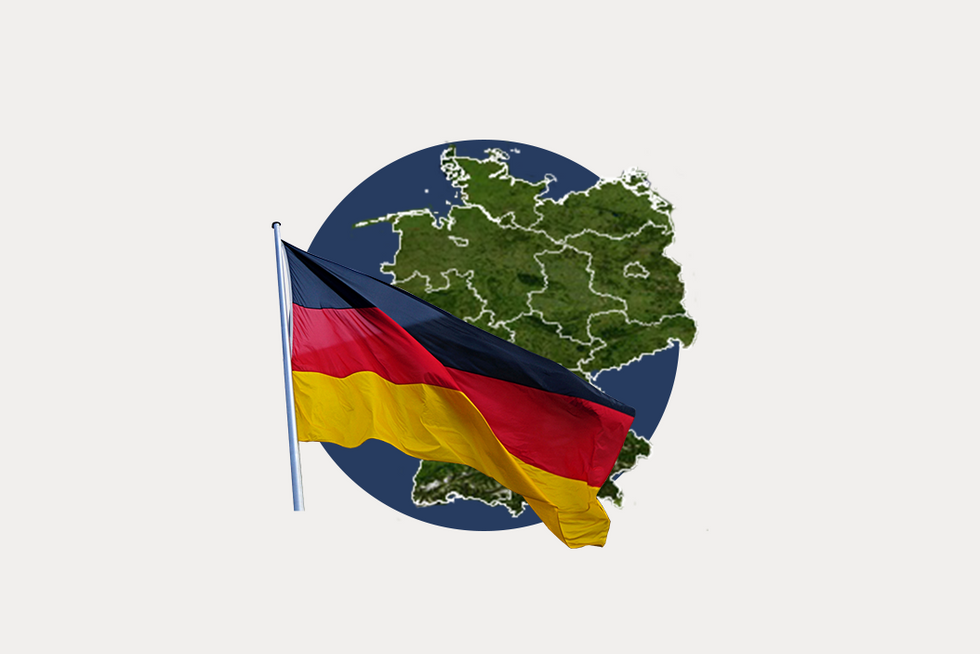
"We need to find a new way of dealing with the US." - Torsten Riecke, Handelsblatt. Read more.
India
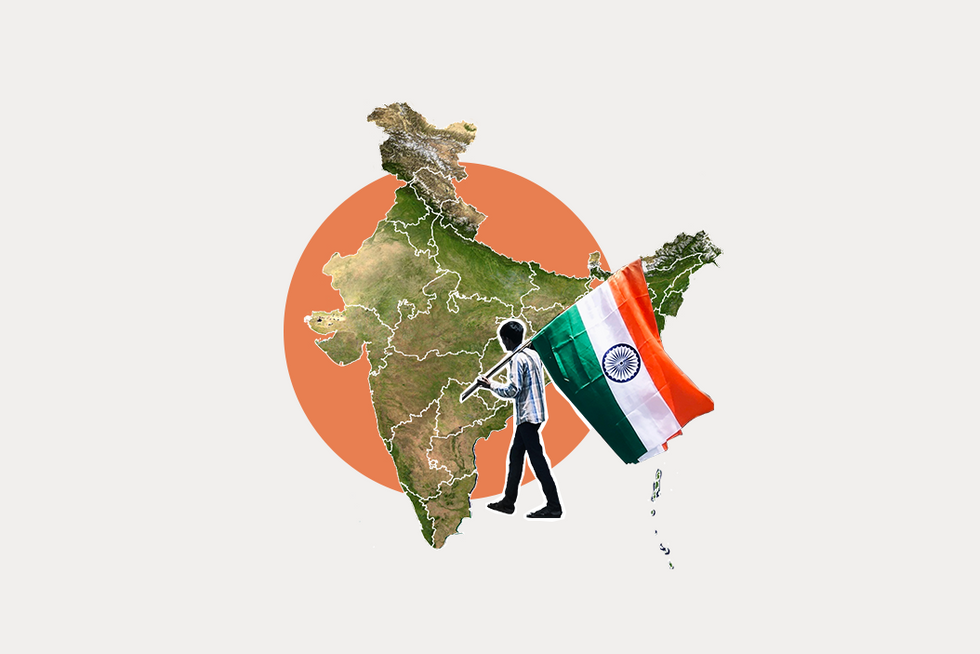
"Trump was willing to break China, literally, in an attempt to recalibrate the relationship." - Pramit Pal Chaudhuri, the Hindustan Times. Read more.
Iran
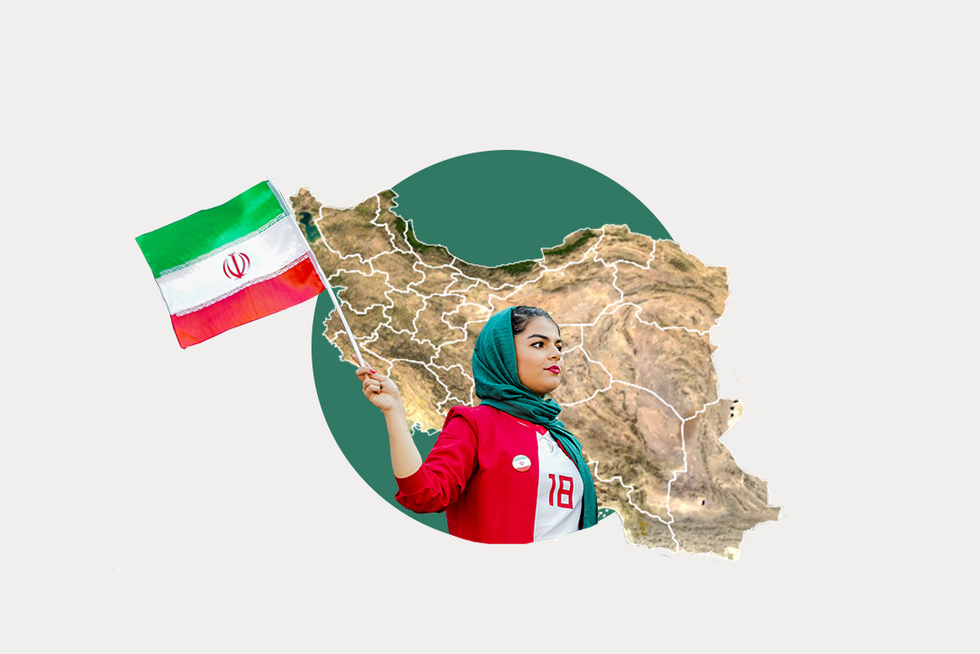
"Trump proved the hardline argument in Iran that the US is not to be trusted." - Negar Mortazavi, The Independent. Read more.
Iraq

"What comes to the forefront of Iraqis' minds with the US race is whether US policy towards Iran is going to change or not." - Farhad Alaadin, Iraq Advisory Council. Read more.
Israel
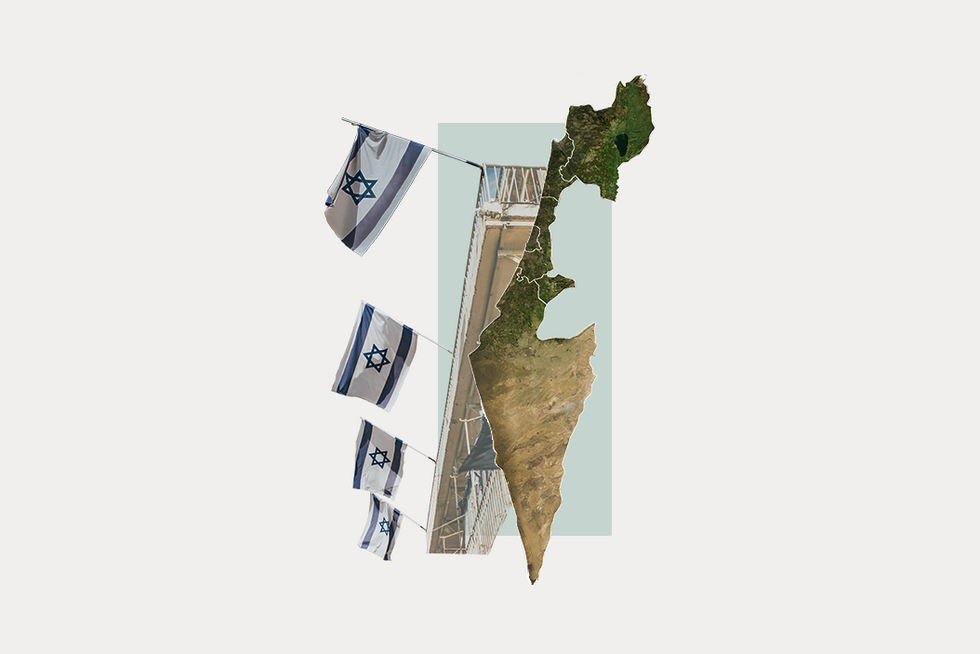
"Israel is often referred to as a domestic political issue in America. Arguably, America is a domestic political issue in Israel as well." - Neri Zilber, Tel Aviv-based freelance journalist. Read more.
Italy
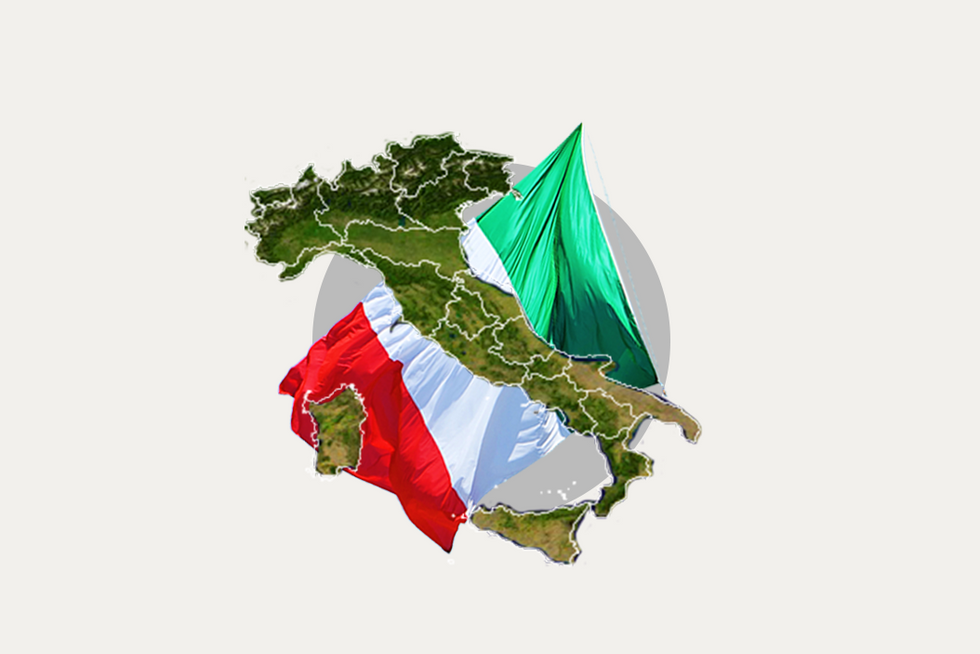
"For the Italian people, the US election is more a curiosity about the destiny of the leadership of Donald Trump." - Massimo Gaggi, Corriere della Sera. Read more.
Japan
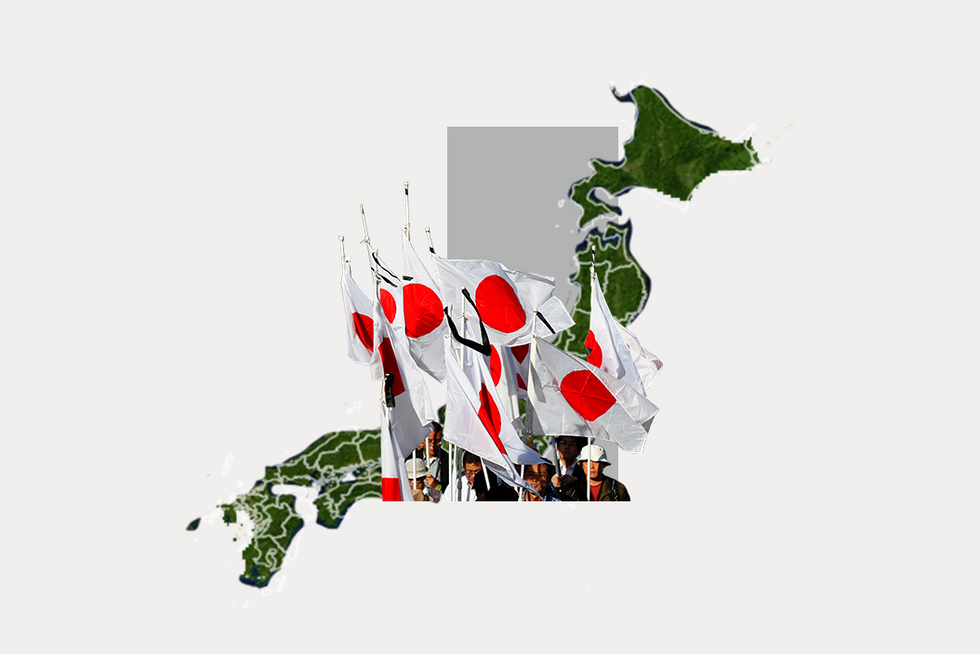
"There is always this little cloud of unpredictability hanging over our head when it comes to Trump." - Junko Tanaka, former NHK Washington bureau chief. Read more.
Mexico
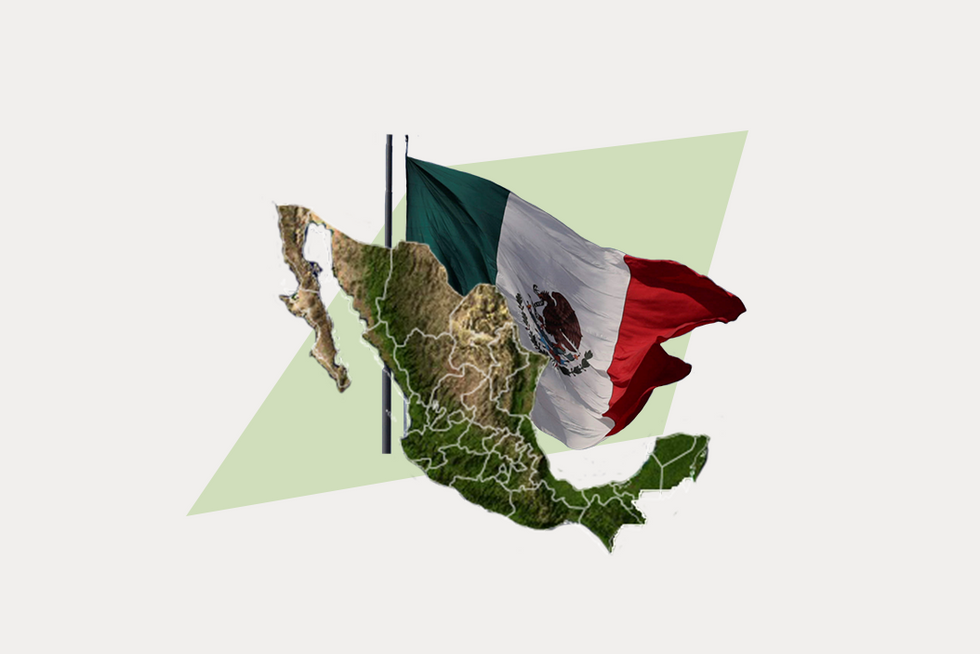
"In 2016, Mexico became an electoral piñata in the United States." - Carlos Bravo Regidor, professor and political analyst. Read more.
Nigeria
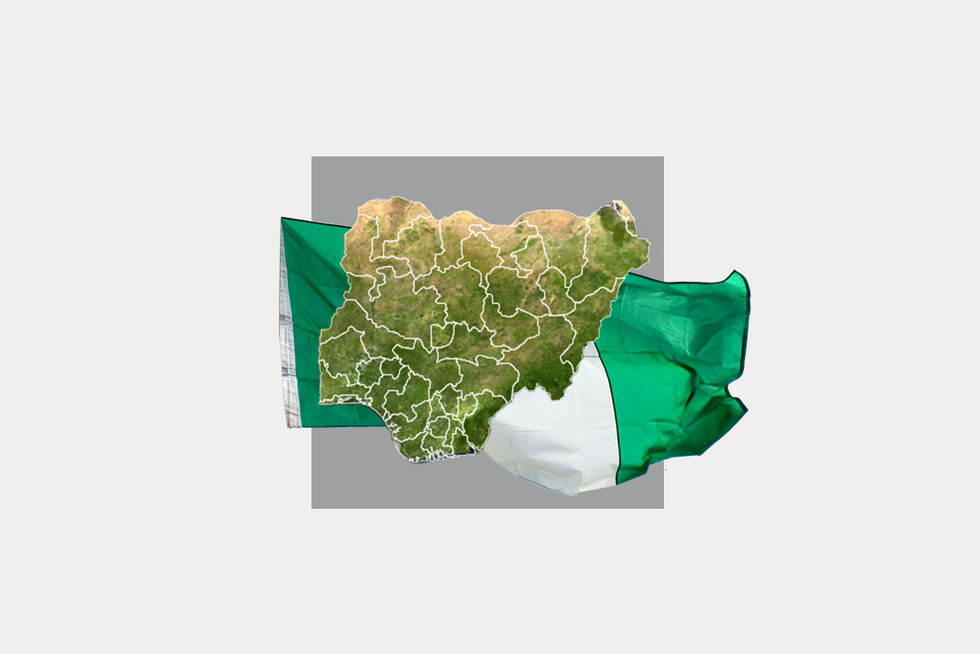
"We want to hear what the US is for, not what they're against." - Christopher Olaolu Ogunmodede, The Republic. Read more.
Philippines
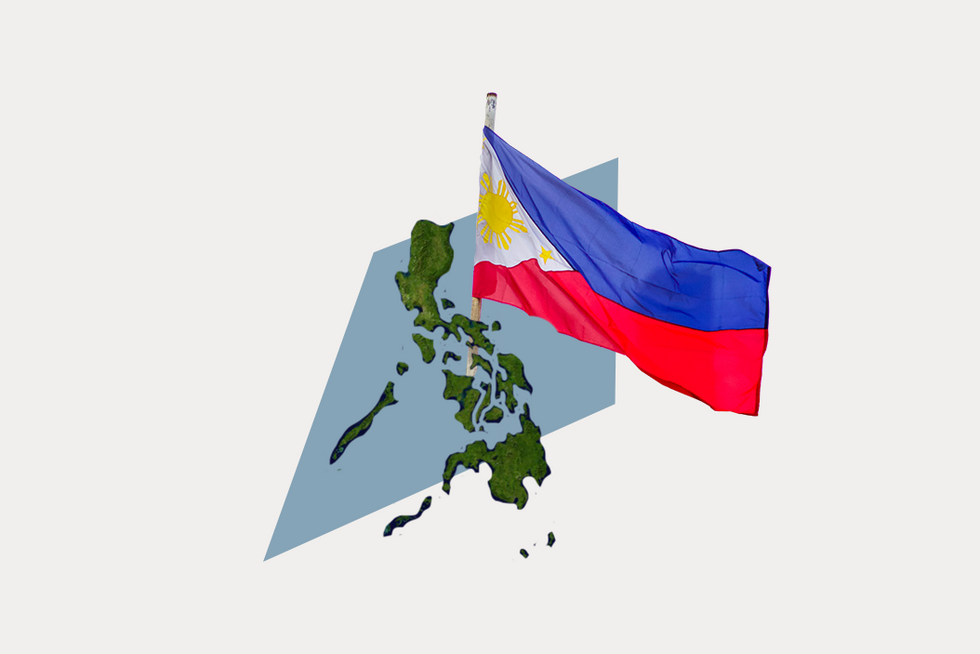
"We need the US back for the balance of power to return to the region." - Camille Elemia, Rappler. Read more.
Poland
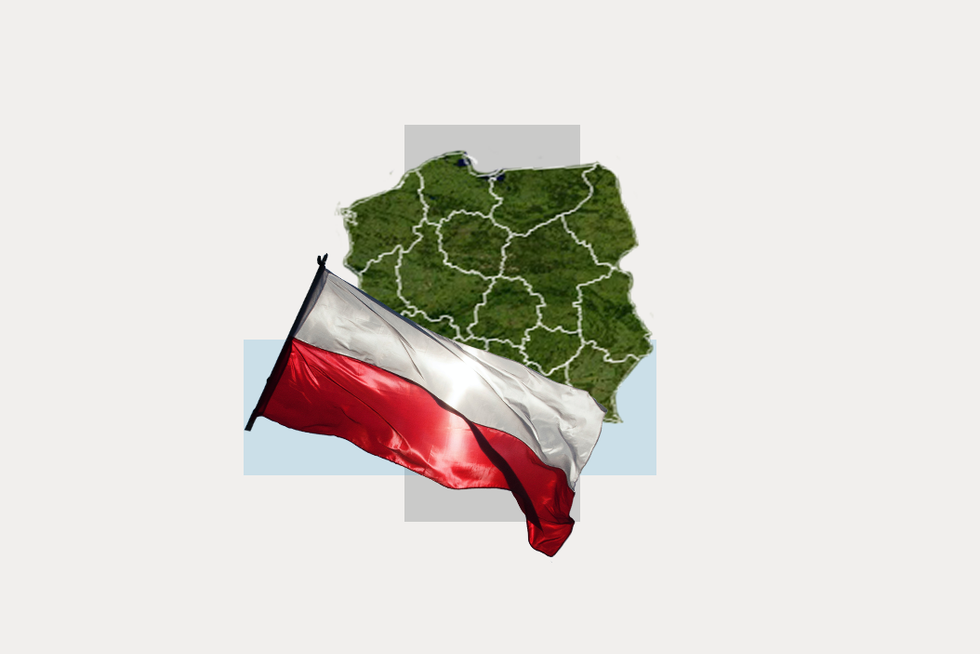
"The Law and Justice Party was extremely lucky to have Trump." - Lukasz Warzecha, Do Rzeczy. Read more.
Russia
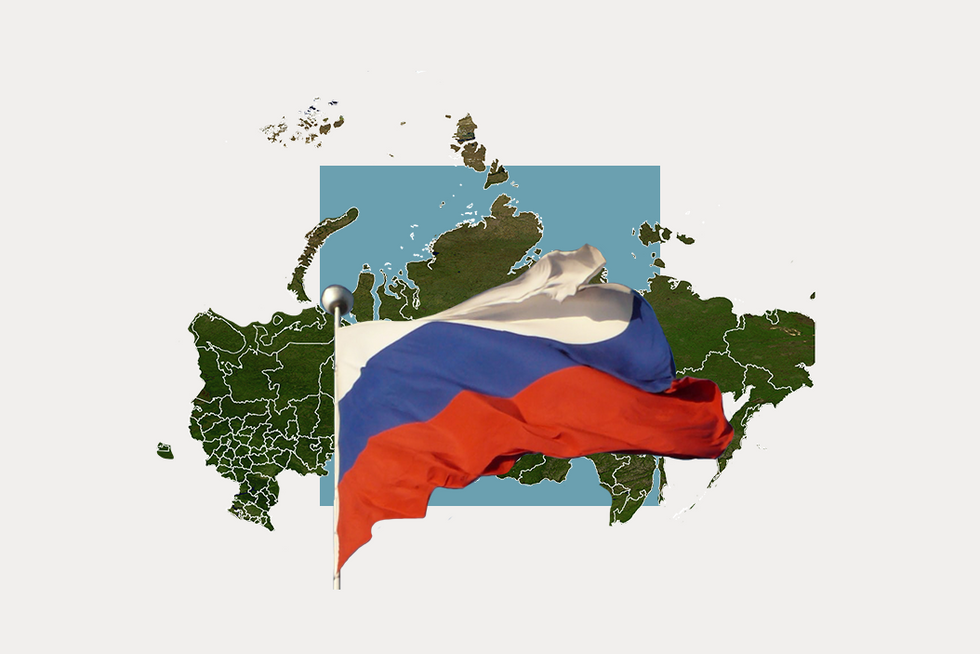
"We have no rosy expectations that any outcome could change the relationship for the better." - Fyodor Lukyanov, Russia in Global Affairs. Read more.
Saudi Arabia
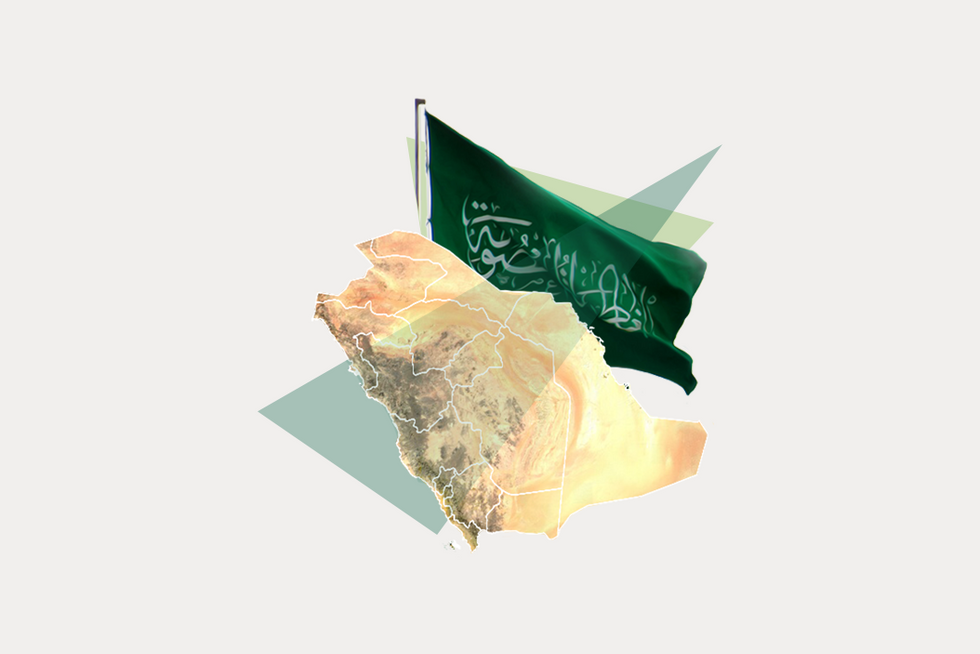
"Concern in the kingdom that a Biden victory could pose some serious challenges." - Ahmed al-Omran, Financial Times. Read more.
South Africa
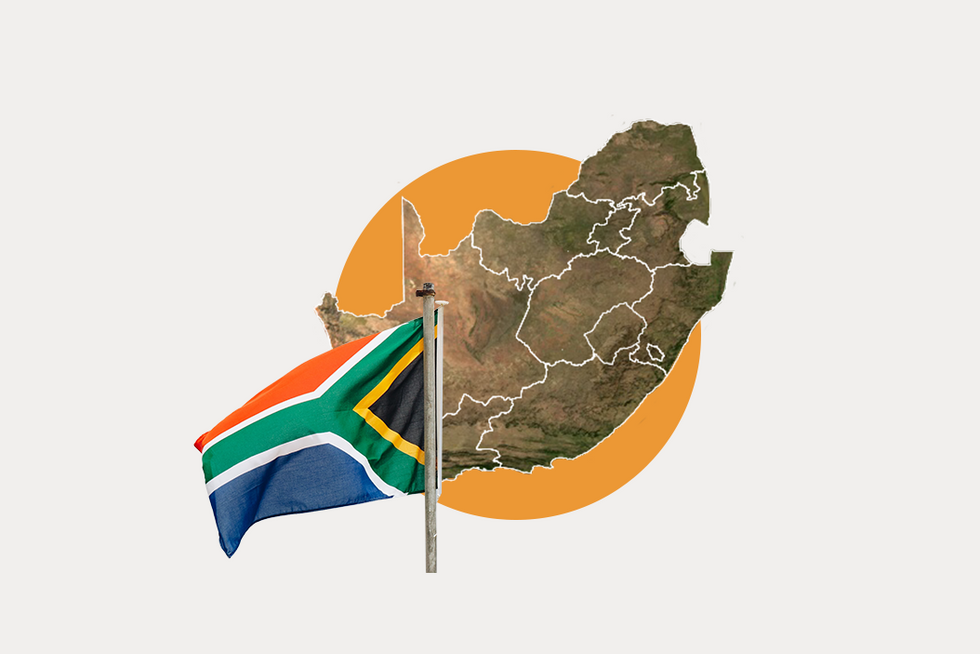
"There's an implosion happening in the US. By leaving the stage, the US adds to the anxiety and uncertainty." - Ron Derby, Fin24, a division of News24. Read more.
South Korea
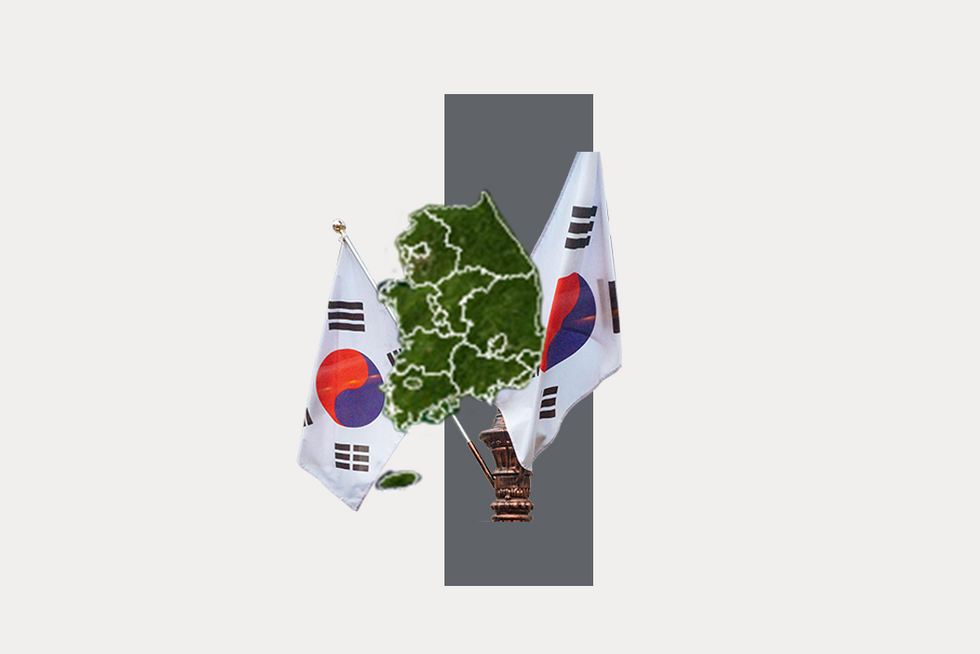
"The US has lost its reputation as a global leader under the Trump administration." - Woo Jung Yeop, Sejong Institute. Read more.
Turkey
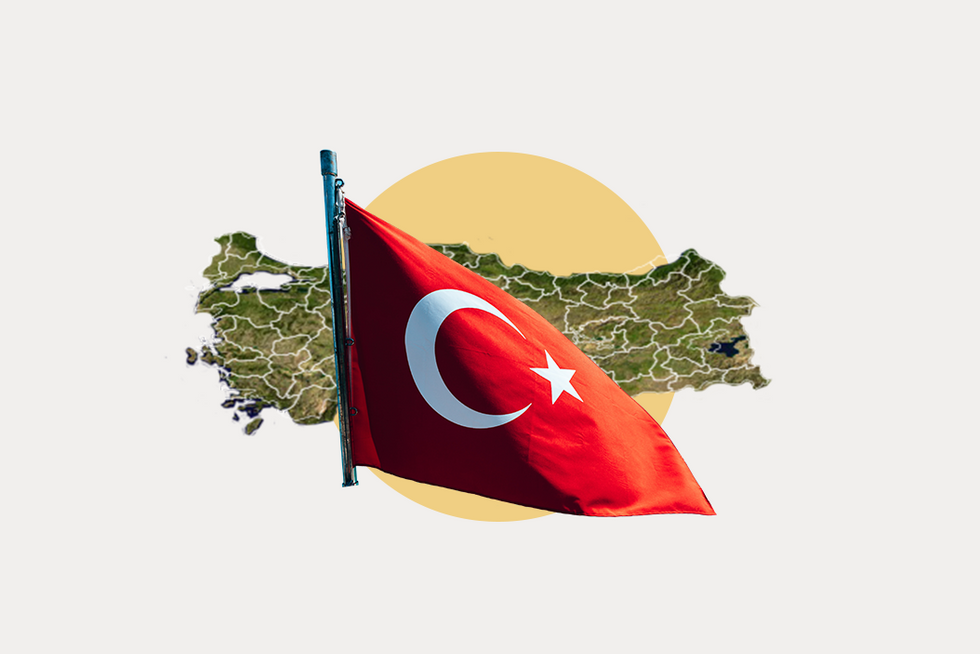
"Turkish people have a very negative perception of Joe Biden." - İpek Yezdani, freelance journalist. Read more.
United Kingdom
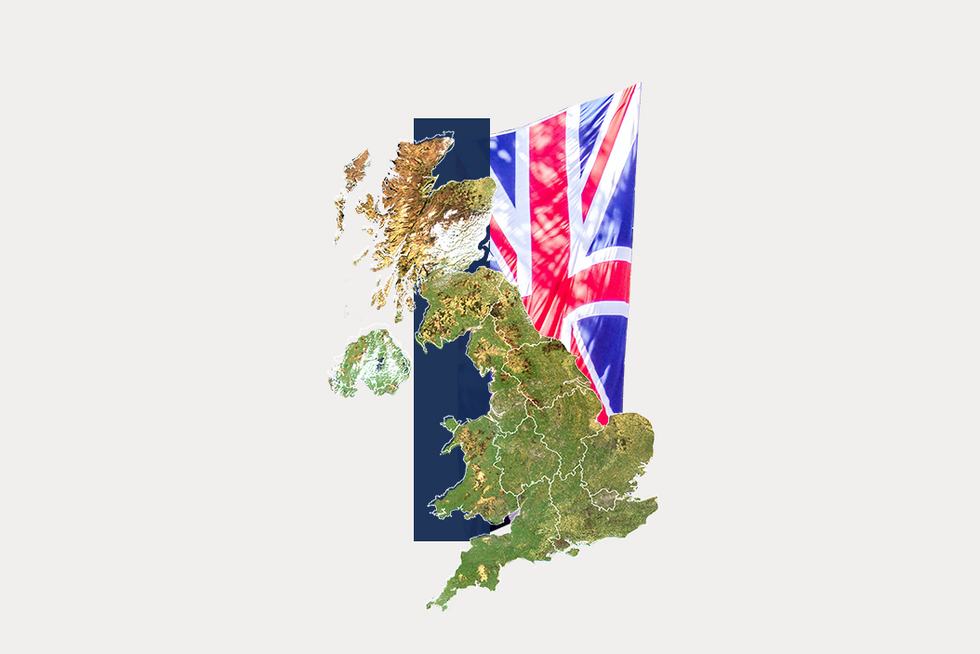
"London is going to have to adjust to being 'piggy in the middle' between Brussels and Washington." - Peter Foster, Financial Times. Read more.
This project was developed and edited by Alex Kliment and written/produced by Gabrielle Debinski, Carlos Santamaria, and Willis Sparks. Art by Annie Gugliotta. Web production by Melianthe Kines.
